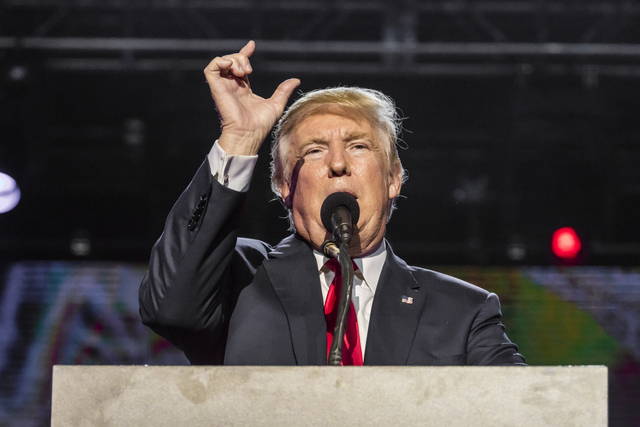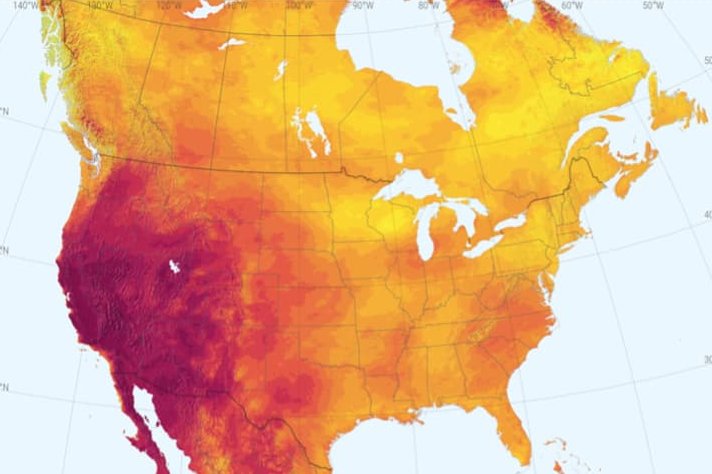New lawsuit seeks to reinstate $7 billion Solar for All program
Environmental law groups and nonprofits challenge EPA’s “unlawful termination” of funding meant to cut energy bills and create clean energy jobs

The termination of the $7 billion Solar for All program — once hailed as a cornerstone for expanding solar access to low-income households — is officially being challenged in court.
The Southern Environmental Law Center (SELC), along with Lawyers for Good Government, the Conservation Law Foundation, and the Lawyers Committee for Rhode Island, filed a federal lawsuit today in the U.S. District Court for the District of Rhode Island to reverse what they call the Trump administration’s “illegal termination” of the program.
The plaintiffs — including the Rhode Island AFL-CIO, Solar United Neighbors, solar businesses, and an individual homeowner in Georgia — are seeking to restore the initiative that promised to deliver rooftop and community solar to more than 900,000 households across the country.
“Families all over the country were counting on energy bill relief that disappeared overnight when the administration unlawfully terminated Solar for All,” said SELC Senior Attorney Nick Torrey. “We’re asking the court to fix the Trump administration’s huge mistake.”
Related reading: Solar for None
Solar Builder has been following the unraveling of Solar for All closely in our continuing “Solar for None” coverage — documenting how the program’s abrupt cancellation affected installers, low-income homeowners, and community organizations preparing to participate.
This new legal action marks the first formal attempt to restore the $7 billion in committed solar funding and reestablish the nation’s most ambitious low-income solar program.
What was Solar for All?
Created under the Inflation Reduction Act, Solar for All awarded $7 billion in grants to states, tribes, and nonprofits in 2024. The program was designed to reduce household electricity costs by at least 20% through new rooftop and community solar installations.
Nationwide, Solar for All was projected to save participating families $350 million annually and create more than 200,000 jobs — many in union-backed apprenticeships and small solar installation businesses. In SELC’s six-state region alone, nearly $1 billion in grants were set to flow into programs that would finance multifamily solar, battery storage, and workforce training.
But in July, the Environmental Protection Agency sent letters to all 60 Solar for All grantees stating that the program would be terminated. EPA claimed it lacked both the “legal authority” and “financial appropriations” to continue after Congress passed the One Big Beautiful Bill (HR1).
According to the Clean Energy States Alliance (CESA), those claims don’t hold up. “EPA not only still possesses the legal authority to administer the Solar for All program, but is required by Congress to do so,” CESA staff wrote in an email to members. “HR1 did not terminate the Solar for All program. Neither the language in the statute nor the congressional record support termination.”
CESA also noted that all $7 billion in funding had already been “obligated” — a legal term meaning the funds were committed — since September 2024, nearly a year before HR1’s passage.
Lawyers comment on the case
Nonprofit and labor plaintiffs emphasized that Solar for All wasn’t just a climate program, but an economic lifeline for working families and solar installers.
“The Trump administration’s rollback of the Solar for All program is a shameless attempt to prop up fossil fuel companies at the expense of families,” said Kate Sinding Daly, senior vice president for law and policy at the Conservation Law Foundation.
“This program would provide families with low incomes access to clean, affordable solar power — energy that lowers bills, improves air quality, and keeps people safer during extreme heat,” she said. “Stripping those benefits away is unlawful and betrays communities.”
“EPA’s termination of the Solar for All program is a betrayal against a million American families and communities who need access to clean, affordable energy,” added Jillian Blanchard, Vice President of Climate Change and Environmental Justice at Lawyers for Good Government.
Solar for All’s impact — and what’s at stake
When it was launched, Solar for All aimed to help the 28 million U.S. households currently facing high or severe energy burdens. Participating households would have seen guaranteed savings of at least 20% on utility bills, with potential savings as high as 70% for some single-family homes over 20 years, according to CESA.
Beyond bill savings, the program was designed to drive solar deployment in historically underserved areas, stabilize local grids through distributed generation, and create long-term economic opportunities through union apprenticeships and local installer training.
Now, advocates warn that the termination of Solar for All not only jeopardizes these benefits but also adds uncertainty for solar businesses that had begun scaling operations to deliver the projects.
“Congress designed Solar for All grants to give local front-line communities the tools to lower household energy costs and ensure high-quality careers for a new generation with clean, renewable energy,” Romero said. “We’ve brought suit to ensure Rhode Islanders — and all Americans — receive what Congress intended.”





Comments are closed here.